The Root of Understanding: Plants Saving the Planet
How can we feed a growing population in a changing climate without harming the Earth? It’s not an easy question to answer. We know that fresh water and the nutrients in soil are limited resources. We also know some plants are better than others at absorbing and using those resources—and that some ecosystems of diverse plants are the best of all, but we don’t know exactly how and why. Allison Miller, PhD, Danforth Center principal investigator and professor of biology at Saint Louis University, is on a mission to find out. If she succeeds, humanity will be able to harness plants to help heal the planet while feeding the world with resilient agriculture.
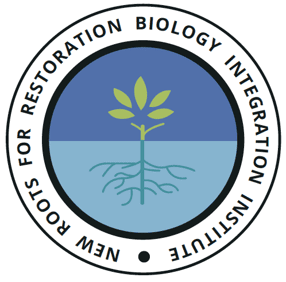
New Roots for Restoration Biology Integration Institute
Dr. Miller is the director of a new Biology Integration Institute funded by the National Science Foundation. It’s called the New Roots for Restoration Biology Integration Institute and its goal is to find ways to restore agricultural and natural ecosystems by discovering and integrating knowledge about roots, soil, and microbiome communities.
Much of the New Roots Institute’s work will involve perennial, or long-lived plants, including both wild species and emerging perennial crops, which are a focus of Dr. Miller's lab. These plants offer many benefits. For one, they can be harvested multiple times. They also combat soil erosion and sequester more carbon from the atmosphere. Right now, much of our farmland in the U.S. is dedicated to annual crops. Converting just a fraction of annuals into perennials would have a major environmental impact.
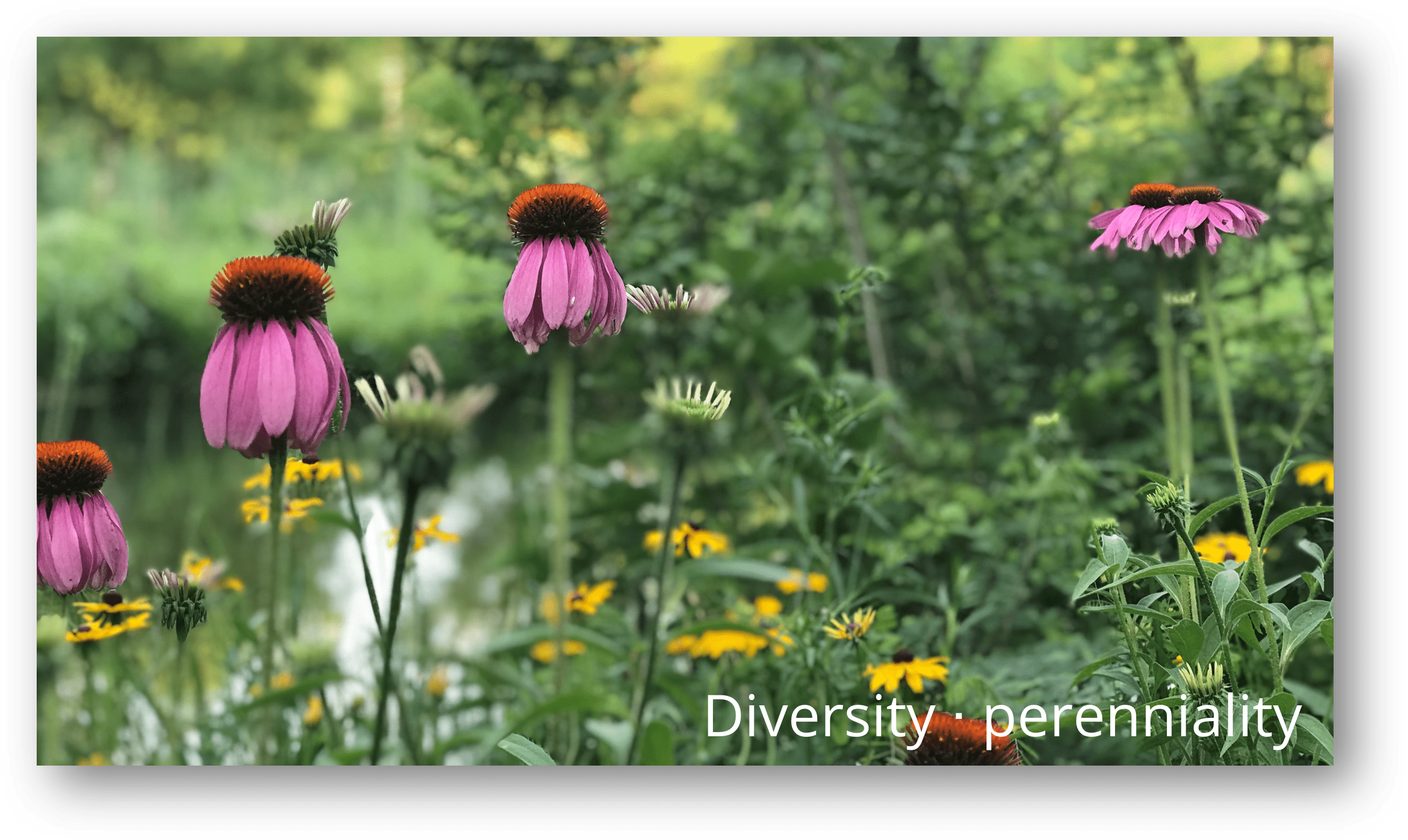
The North American prairie stretches from Montana to Texas, and from Colorado to Indiana. Natural ecosystems like the prairie consist primarily of long-lived (perennial) plants grown in mixtures. Its ecosystem diversity inspired the project team, who believes that prairies offer a valuable model for both restored wild lands, as well as re-imagined agricultural landscapes that mimic natural ecosystems.
Seeing Underground
Plants are unusual in that half their bodies exist above ground, in air, while the other half lives below ground, in soil. A big step toward understanding restoration lies in understanding how root traits influence plant interactions with each other and with the soil. For this, the team includes Danforth Center Principal Investigator Chris Topp, PhD. Topp’s specialized computerized tomography (CT) X-Ray facility allows scientists to see the 3D subterranean world of roots nondestructively, to help answer questions about plant-microbe interaction and carbon sequestration.
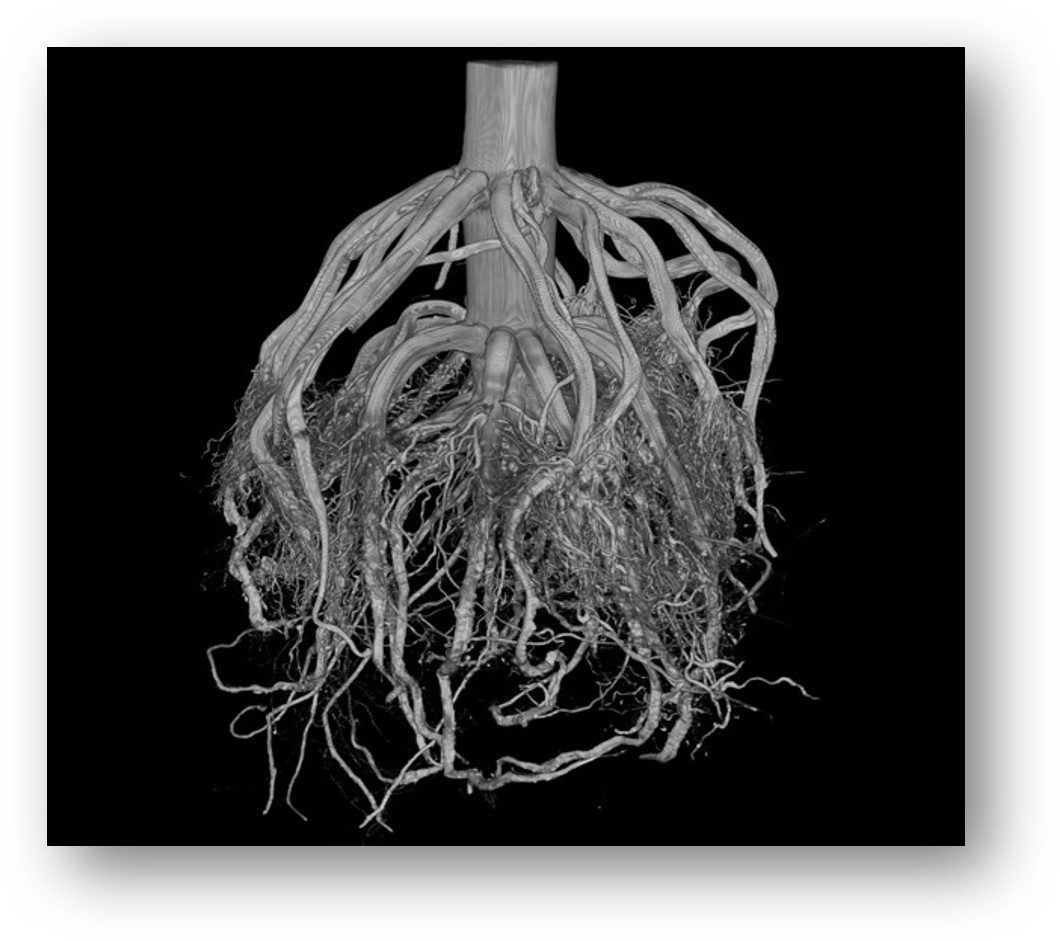
3D root imaging performed by X-ray CT scanner in the Topp lab.
Partnership
In addition to Miller, Topp, and Callis-Duehl, New Roots includes Danforth Center principal investigators Malia Gehan, PhD, and Noah Fahlgren, PhD, who will assist in data capture and analysis. Partners locally include Saint Louis University the Missouri Botanical Garden’s Shaw Nature Reserve, home to one of the Institute’s seven field sites, and the St. Louis Science Center. Additional partners include Chicago Botanic Garden, The Land Institute, and University of Missouri, University of Kansas, and University of Vermont. To learn more, click here to listen to Dr. Miller’s appearance on KMOX radio's “Nothing Impossible” podcast. Visit the institute website here and follow the team on Twitter here (@NewRoots_BII).
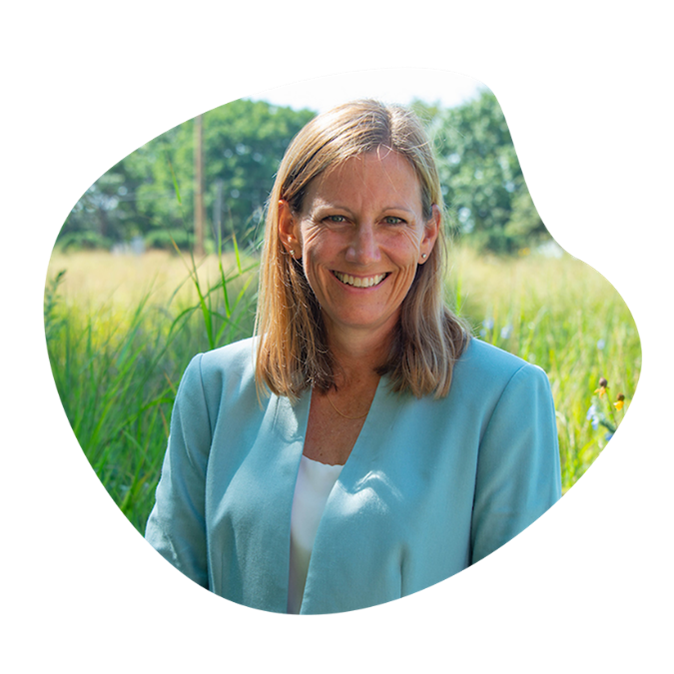
For years, humans have grown crops to serve human needs, often at the expense of the environment. It’s time we developed crops that can benefit the planet, as well as humans.
-ALLISON MILLER, PhD, PRINCIPAL INVESTIGATOR
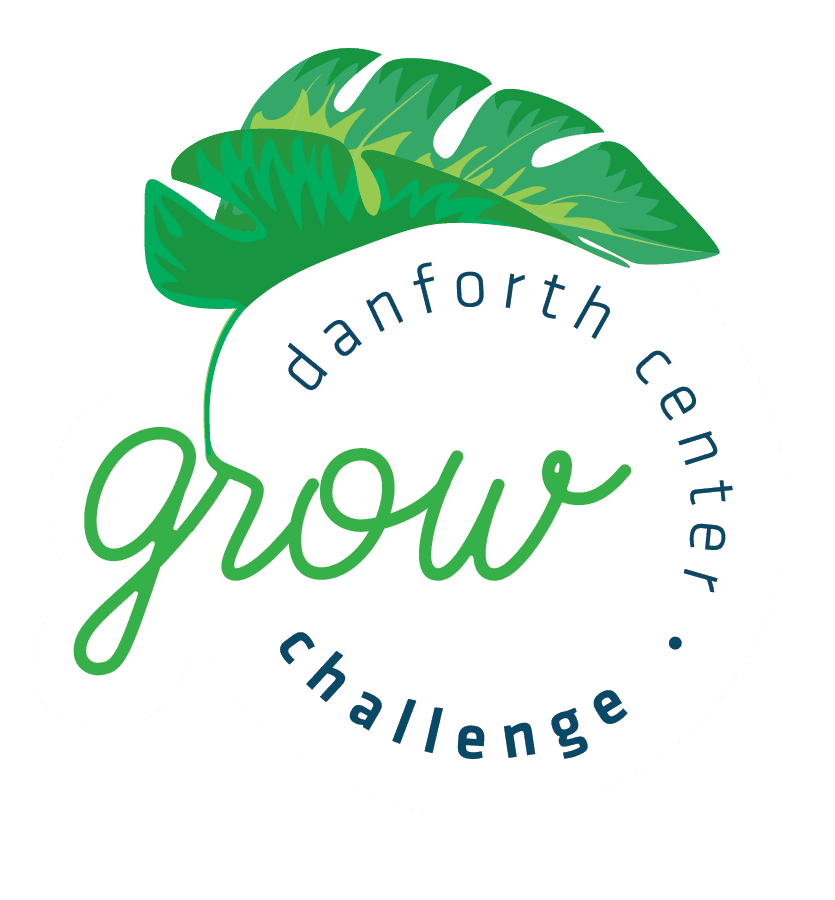
Grow Challenge Week of Giving
Sept. 27 - Oct. 1
Join Us in Building a Brighter Future
The Grow Challenge Week of Giving (Sept. 27 – Oct. 1) is an online peer-to-peer giving campaign, spearheaded by the Danforth Center Young Friends. Early donations are being accepted now. Join us as we build a brighter future. Click here to learn more or to donate.